Nintendo's Video Game Remakes: Legend of Zelda Ocarina of Time 3D, Mario Bros Virtual Console Releases, Why do We Keep Buying Them?
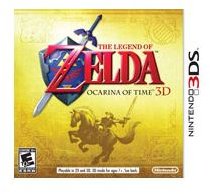
So, I’m sitting in my room playing a little Ocarina of Time 3D when I’m struck with a disturbing revelation. I’m thinking of all the time I spent playing this exact same game on my Nintendo 64 back in 1998, then I look to my right at the few Gamecube games I’ve elected to keep to play on the Wii, and I spot my Zelda Ocarina of Time/Master Quest disc and the Legend of Zelda: Collector’s Edition Gamecube disc I got in 2003 from Nintendo.com. A quick glance over to my Wii brings the further realization that I could have also purchased OoT from the Virtual Console.
I literally own four copies of this game, and could, for a few Nintendo Points, conceivably purchase a fifth separate version.
How has Nintendo done this to us? How have we allowed them to continually repackage the same game over and over, marketing it to us in a slightly different way? Think about it, the one thing Nintendo is not known for is showering gamers with a deluge of new titles in their most high-profile series. We’re lucky to get one Mario game every two years, yet they are continually able to make a profit playing on our nostalgia, reselling us games we’ve already played multiple versions of.
Money for Nothing
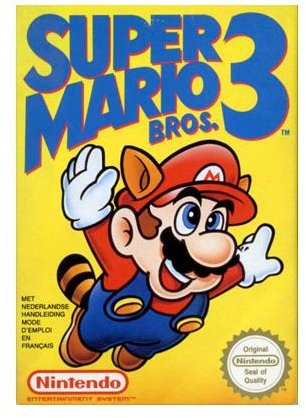
In 2009, Nintendo made nearly $14 million in combined sales of four games on the Virtual Console: Super Mario Bros, Super Mario 64, Super Mario Bros 3, and Super Mario World (according to data from research firm Forecasting and Analyzing Digital Entertainment, or FADE) . Fourteen million dollars for four games they basically had to copy and paste out of an old data file stored on a floppy disk buried somewhere in a file cabinet at Nintendo headquarters.
It makes sense, when you think about it. Why spend millions of development dollars when you can just sell existing, finished code (I realize there’s some significant effort required to make games work on a new platform, but still, it’s less than starting from scratch). There is very little upfront cost to selling games that have been finished for 20 or 30 years. It’s as if I decided to dig up some of the writing I did for my college paper, repackage it as “classic” journalism, then repost it for today’s readers. The work is already done, all I’d have to do is sit back and count my money.
Nostalgia for Sale
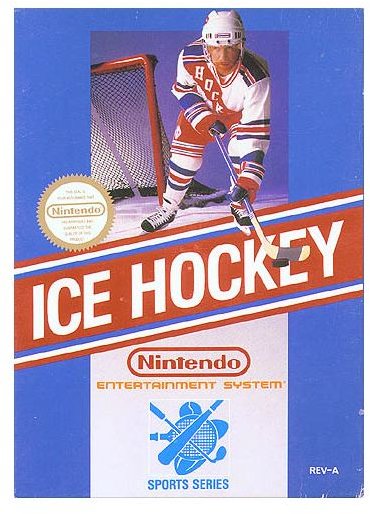
Nostalgia is certainly a factor in these sales, and it can backfire. One of the first Virtual Console titles I downloaded was the NES classic Ice Hockey. I have very fond memories of hours spent playing the game with friends, trying to determine which combination of fat, skinny, and average-sized players would give me the best strategic advantage as I battled the hated Soviet team on the ice.
Imagine my surprise, then, when I fired up Ice Hockey on my Wii and discovered a key gameplay feature I had apparently forgotten about in the 20+ year interval: it really sucks.
Ice Hockey is no Legend of Zelda or Super Metroid, and nobody is proclaiming it to be a must-play classic. Still, someone at Nintendo had to know that the game wasn’t really all that good, but idiots who grew up in the 80’s (like me) would still line up to buy it.
Mission accomplished, Nintendo. You’ve turned my childhood into a marketable commodity.
Nintendo Classics: The Next Generation
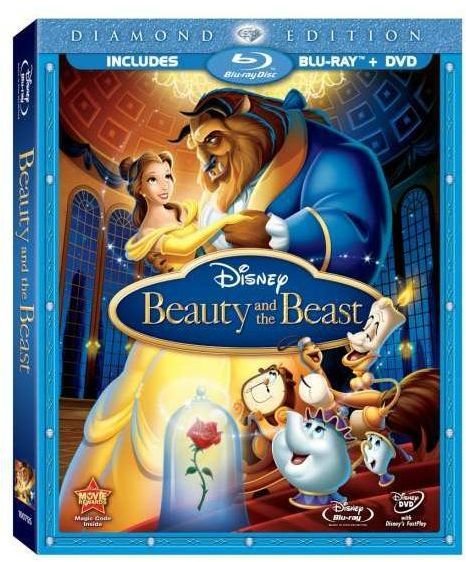
Still, I suppose this practice isn’t all bad. It’s not like they’re charging full retail price for these games (with the exception of Ocarina of Time 3D, but so far it seems that the upgraded graphics and other changes to the game have made it worth the purchase price). Even after I realized the horrible, horrible mistake I’d made with Ice Hockey, I wasn’t that upset because I was only out five bucks.
Re-releasing classics also gives them the chance to be discovered by a new generation. My daughter is only four, but I’m pretty stoked to know that she’ll have access to many of the best titles of gaming’s past courtesy of the Virtual Console. I definitely see the appeal of getting your retro gaming fix on a console that’s already hooked up to the TV, rather than trying to dig out a NES and make it communicate with a modern television. Classic gameplay is something I want her to experience, spending fifteen minutes repeatedly blowing on a cartridge and wiggling it in and out of the system, hoping for the “press start” screen to appear, is not.
While I generally disagree with the practice of reselling the same product to the same consumers over and over again, it is also kind of nice to know that I’ll have a chance to revisit games like Ocarina of Time every 5-10 years.
It’s not dissimilar to the way Disney repeatedly moves their classic films in and out of their infamous “vault.” They release one version, then put it away for a decade until they can release the same film on a different format (VHS, DVD, Blu-ray, etc…). Collectors line up for these “limited releases” because they know that in a few months their favorite animated feature will go back into the vault, not to be seen until Disney feels they can convince people to buy the same movie once more.
Who’s Really at Fault?
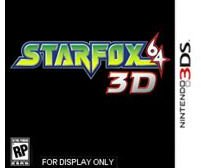
The other key element here is one I’ve so far attempted to avoid thinking about. I never would have achieved the original revelation regarding my compulsive Zelda purchases if I had never compulsively made those purchases in the first place. As much as it seems shady to repackage my childhood memories and sell them to me in a shiny new package every few years, I’m the idiot who keeps buying them.
And, I’m far from alone. The Legend of Zelda: Ocarina of Time 3D is the fifth release of the N64 classic. In its first week of release, it has already sold nearly 300,000 copies worldwide. Nintendo has sold three million 3DS systems to date. This means that ten percent of all the system’s owners rushed out to buy Ocarina of Time 3D in the first week. Yes, this is the first “great” game for the system to be released, but those numbers are still impressive for a title most of us already played over a decade ago.
As long as gamers, young and old, keep buying these video game remakes, they’ll keep pumping them out. I guess I can’t really complain when I’ve got a game collection full of them, and neither can the other 299,999 people who picked up Zelda for the 3DS this past week or the millions of people who have gladly turned over their money to Nintendo via the Virtual Console to play old Mario Bros games. There’s a reason these classics have survived and even thrived in re-release, they’re a heck of a lot of fun to play, even by modern standards.
Now, if you’ll excuse me, I’ve got to go pre-order Starfox 64 3D.
References
Video game sales figures from VGchartz.com and IGN.com.
Author’s own experience.
